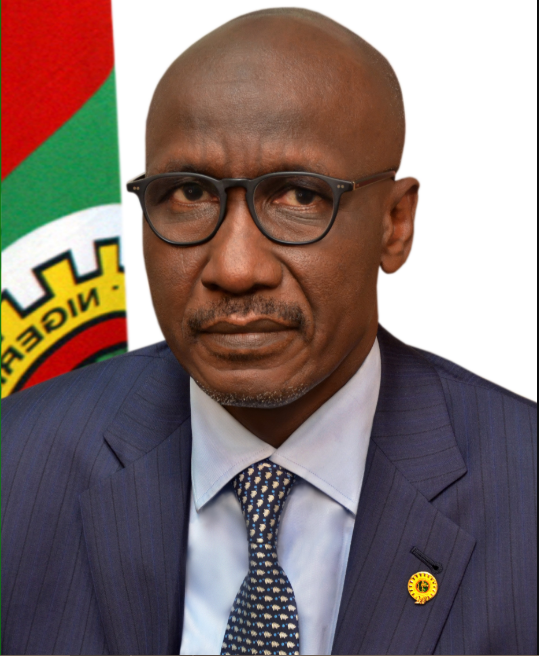
By Olatunde Dodondawa
There are strong indications that the provision of N450billion for fuel subsidy in the year 2020 budget may be inadequate because the Federal Government has already spent over N15.6billion for subsidy on premium motor spirit (PMS) otherwise called petrol in just seven days.
According to investigation by the Saturday Tribune, between Wednesday 1st January and Tuesday 7th January 2020, the Nigerian National Petroleum Corporation (NNPC) has spent a total sum of N15,593,220,879.86 in subsidizing imported petrol in Lagos. The emphasis on ‘imported petrol in Lagos’ is very necessary because the
federal government also subsidizes the cost of transporting each litre of petrol from Lagos to every parts of the country through the Petroleum Equalization Fund (PEF) or the ‘bridging fund’.
According to data obtained from the website of Petroleum Products Pricing Regulatory Agency (PPPRA), on 1st January 2020, NNPC distributed 522,000 litres of petrol with subsidy cost of N48.78 per litre, totaling N25,463,160.00 as fuel subsidy for the day; on 2nd
January 2020, the corporation distributed 77,189,434 litres of petrol with subsidy cost of N48.78 per litre totaling N3,765,300,590.52 for that day; on 3rd January 2020, a total of 69,952,425 litres were distributed with subsidy cost of N49 per litre, totaling N3,427,668,825.00 for that day; on 4th January 2020, a total of 17,604,418 litres were distributed with subsidy cost of N49.00 per litre, totaling N862,616,482 as fuel subsidy for that day.
Besides, on the 5th January 2020, a total of 1,516,000 litres were distributed with subsidy cost of N50.22 per litre, totaling N76,133,520.00 as fuel subsidy for that day; on the 6th January 2020, a total of 73,200,100 litres were distributed with a subsidy cost of N50.22 per litre, totaling N3,676,109,022.00 as fuel subsidy payment for that day and on the 7th January 2020, a total of 81,899,447 litres
were distributed with subsidy cost of N46.22 per litre, totaling N3,785,392,440.34 as fuel subsidy for that day.
Summation of the above figures will give a total of N15,593,220,879.86 as fuel subsidy payment during the first week of the year. If we assuming the same consumption pattern throughout the year, even though
it is expected to skyrocket immediately the national borders are opened, and we multiply N15,593,220,879.86 by 52 (weeks in a year), we will have an estimate of N810,847,485,752.72 as fuel subsidy for the
year 2020 which is lesser than the N450billion earmarked for same fuel subsidy in the 2020 budget.
Moreover, it is also pertinent to note that the estimate excludes the
bridging fund which is the cost of transporting petrol from Lagos depots to other parts of the country to enable marketers and dealers to sell petrol at N145 per litre (uniform pricing).
It is also important to state that the Federal Government is spending this much to ensure uniform pricing throughout Nigeria and to also ensure fuel availability. The Corporation, as at 8th January 2020, has 2,386,396,380 litres as reserves which amounted into 42.77 days of
fuel sufficiency.
By implication, it means without importing any petrol today, Nigeria has stock that will last for 42 days, 3 hours, 20 minutes.
Experts have argued in favour of subsidy removal on refined petroleum products including petrol and full deregulation of the downstream sector.
Captain Emmanuel Iheanacho, a former Minister of Interior and the Chairman/CEO of Integrated Oil and Gas Limited, stated that “We appreciate the government’s concern for the plight of the people but if we really look at it, there is no need to continue to subsidize for anyone. The government is denying itself the opportunity for accruing
huge revenue that it requires for infrastructure development. Government should have a second look at the policy and strategy and decide to remove it, then all that monies used as subsidy will be used for development.”




